TLDR
Ok, folks. We've all heard the rumblings—the increasingly likely possibility of a TikTok ban in the US. It's been a hot topic since July and we can't ignore it any longer. If you're in the restaurant industry, this could have implications for your social media marketing strategy.
Restaurants and food brands alike have been using TikTok to engage with their audiences and build relationships with potential customers. But, with a potential ban looming, what can restaurants do to prepare? Have no fear, because today I'm here to help you adapt your social media strategy in anticipation of a TikTok ban.
In this article, I will discuss why it’s important for restaurants to have an agile and adaptive strategy and provide you with actionable tips on how to prepare for the possibility of a TikTok ban in the US.
Understanding the Chinese Government's Influence on TikTok
The prospect of a US ban on TikTok is being taken seriously by the government due to concerns about China’s influence over the popular video-sharing platform. FBI director Chris Wray has warned that China has the ability to control the software on millions of devices through its relationship with TikTok's owner, ByteDance. In addition, US officials have accused TikTok and its Chinese parent firm ByteDance of collecting data that could enable surveillance by the Chinese government.
Moreover, there are reports that Chinese state media has been using TikTok to push divisive videos that could influence Americans' commercial, cultural, and political decisions. This is why the US government is even considering banning the app altogether—and why restaurants should pay close attention to this situation before creating a marketing strategy for their businesses on TikTok.
Potential Impact on US Social Media Landscape
In 2019, 72% of US adults used some form of social media, a trend that accelerated after 79% of the US population had a social media profile in 2018. With a potential ban on TikTok in the US on the horizon, restaurants need to be prepared for a changed social media landscape.
To make sure your restaurant’s social strategy remains successful post-TikTok, it’s important to consider how this ban may impact US audience behavior and engagement. After all, 90% of social media marketers say building an active online community is crucial for success.
You should take time to analyze trends in other platforms like Instagram and Facebook before deciding which ones to focus on post-ban, and identify how you can effectively reach your target audience with ads, stories and posts. Additionally, it’s important to develop strategies to keep your followers engaged even after the potential TikTok ban—including doubling down on campaigns such as “post-and-win” initiatives.
Reassessing Restaurant Social Media Strategies
If a TikTok ban does come to pass in the United States, it's important for restaurants to start reassessing their social media strategies. Here are some simple steps that you can take to mitigate the impact of a potential ban:
Drive Email Signups
In order to build relationships with your customers, it's important to have an email list you can use for campaigns such as weekly newsletters, new product launches, and discounts. Social media provides a great platform for you to drive email signups and build relationships with your customers.
Use Hashtags
Hashtags are a great way to increase engagement on your posts and attract followers who have similar interests as your brand. If you're running a food-related campaign, consider using hashtags like #lovetoeat or #foodiegram in relevant posts. This will help you reach more users who’d be interested in what you have to offer.
Monitor Mentions
Monitoring online mentions of predefined keywords will help you better understand your customers’ needs and preferences so that you can deliver the best experience possible both online and offline. You can do this by either manually searching for relevant terms or by setting up automated alerts through social listening tools or monitoring tools.
Moving Focus From TikTok to Alternatives
If the US does decide to ban TikTok, it doesn't mean that you need to stop all of your social media marketing. There are plenty of alternatives to TikTok that you could start using instead. These alternatives offer similar features to TikTok, such as fun filters and creative themes, and could be used just as effectively for content marketing efforts.
Reels (Instagram)
Reels is a feature on Instagram that offers video editing tools, music, and special effects. It is a great platform for short-form video content with access to an audience of over one billion people.
Byte (Formerly known as Vine)
Byte takes its roots from Vine, the six-second video platform that was popular in the early 2010s. Byte enables users to create six-second videos for sharing with others worldwide; it's a great platform if you're looking for a fun and creative way to engage your customers.
Triller
Triller is one of the most popular music-making apps out there right now; you can use it to create fun music videos with audio clips from popular songs. Triller also allows users to add customizable effects like filters and stickers and share their videos with others on their social networks.
You don't have to choose just one platform; while focusing on other platforms, keep in mind the types of content you used on TikTok and try applying those same techniques on different platforms such as Reels, Byte or Triller. You can also take this opportunity as an excuse to experiment and explore new ideas for content—it could be just what your social media needs!
Utilizing Instagram, Snapchat & YouTube for Content Creation
If TikTok is indeed banned in the US, restaurants will have to look towards other platforms to create content. Luckily, there are many platforms today that are successful when it comes to content creation. Instagram, YouTube and Snapchat are all popular platforms for content creation now.
All of these platforms offer ways for creators and influencers to make money from their content. On Instagram, you can use their Creator Account feature which will help you manage your audience as well as give you access to monetization features such as Shopping. YouTube also offers powerful monetization features such as Super Chat where people can pay to have their comments highlighted during a live stream. For restaurants who are looking to create content with influencers, Snapchat and YouTube both have features that allow them to pay influencers for posts and videos.
So while a potential TikTok ban may seem like a disaster at first, there are still many options available for restaurant owners and content creators alike. With the right strategy in place, restaurants can adjust quickly and continue creating great content on the platforms that provide better monetization opportunities for them.
Adapting to Change & Continuing to Connect With Customers
No matter what social media platform you use, it's clear that the landscape is always shifting and it's important to remain agile and able to adapt to change. With a potential TikTok ban in the US looming, looking for alternative ways to keep engaging with your customers is key.
Luckily, there are still numerous popular social media platforms out there where restaurants can focus their efforts. From Twitter and Instagram, to LinkedIn and Facebook — there are plenty of options with vast potentials for marketing success.
With any social media presence, restaurants should strive for authenticity and stay true to the brand’s ethos. You can encourage conversations with customers through questions or polls, or look into competitions or giveaways that would give your followers something to look forward to from your page. Plus, most social media platforms offer great opportunities to drive email signups or direct people towards customer reviews — all of which can help you build a strong brand image.
It's important for restaurant owners and marketers alike to understand that change is the only constant in life—especially when it comes to modern technology like the internet and social media. Adapting quickly is key in ensuring success on any given platform — be it new or old!
Final Thoughts
As we all know, the tech industry is constantly changing, and it's essential for restaurant owners to stay ahead of the curve. The potential of a TikTok ban in the US could drastically change the way restaurants interact with customers. Fortunately, there are still social media platforms that restaurants can leverage to reach their target audience and build brand awareness.
To stay on top of the latest trends, restaurants need to remain agile and strategic as they consider how a potential TikTok ban would affect their social media practices. Not only should they be prepared to quickly pivot their strategies to embrace new platforms, but they should also focus on being creative and engaging on the platforms they already use.
A successful social media strategy is all about staying ahead of the curve, and keeping up with the latest advancements in technology. By understanding the implications of a potential TikTok ban and planning proactively, restaurants can ensure their social strategies remain relevant and effective.


.webp)


.webp)
.png)
.webp)

.avif)
.webp)
.webp)
.webp)

.webp)










.png)
.png)







.svg)





.svg)
.svg)
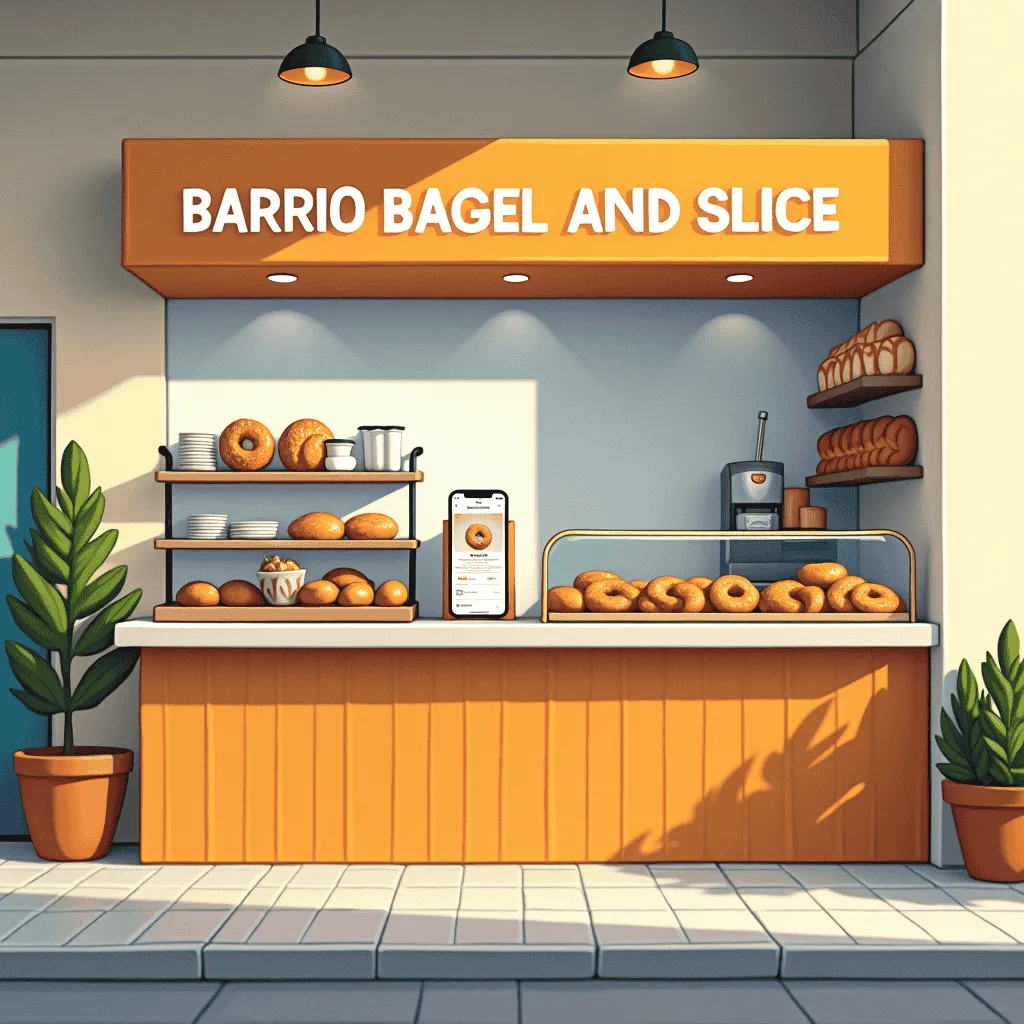



.avif)
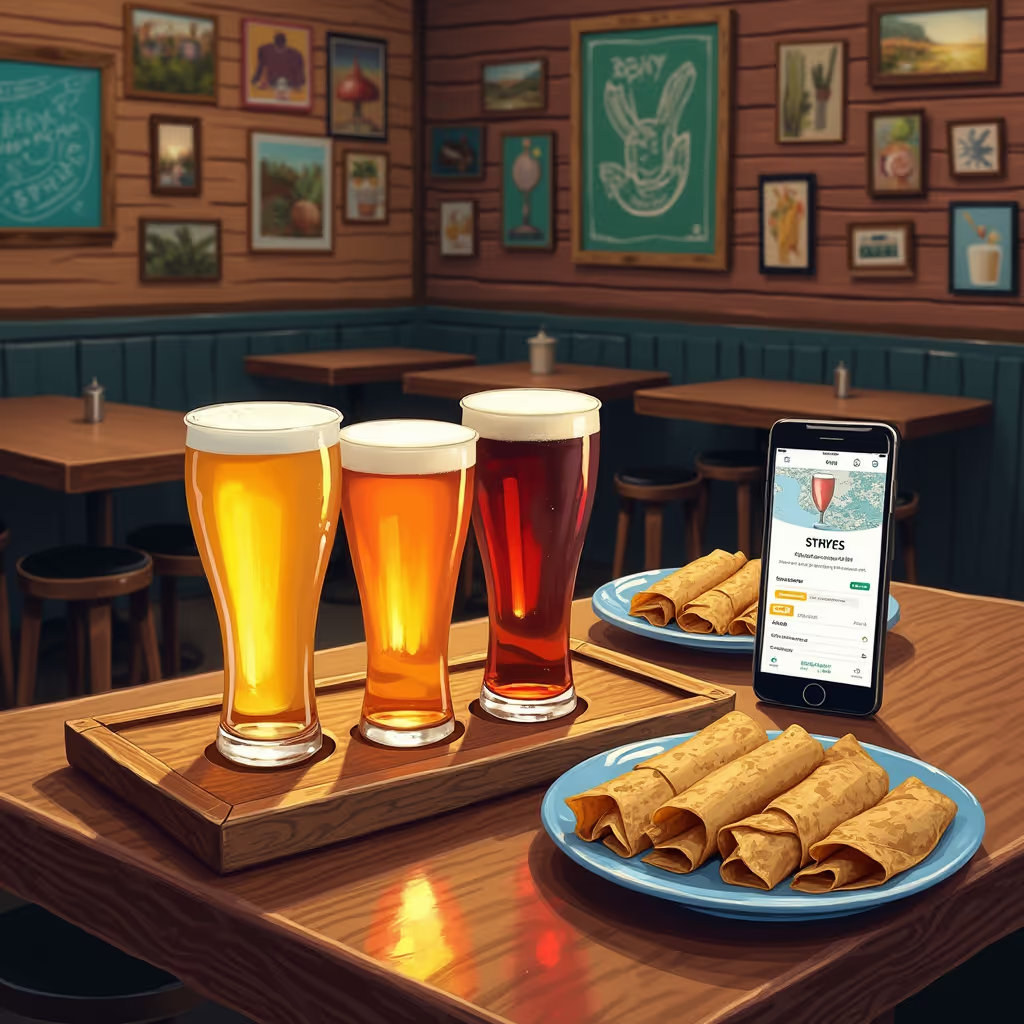
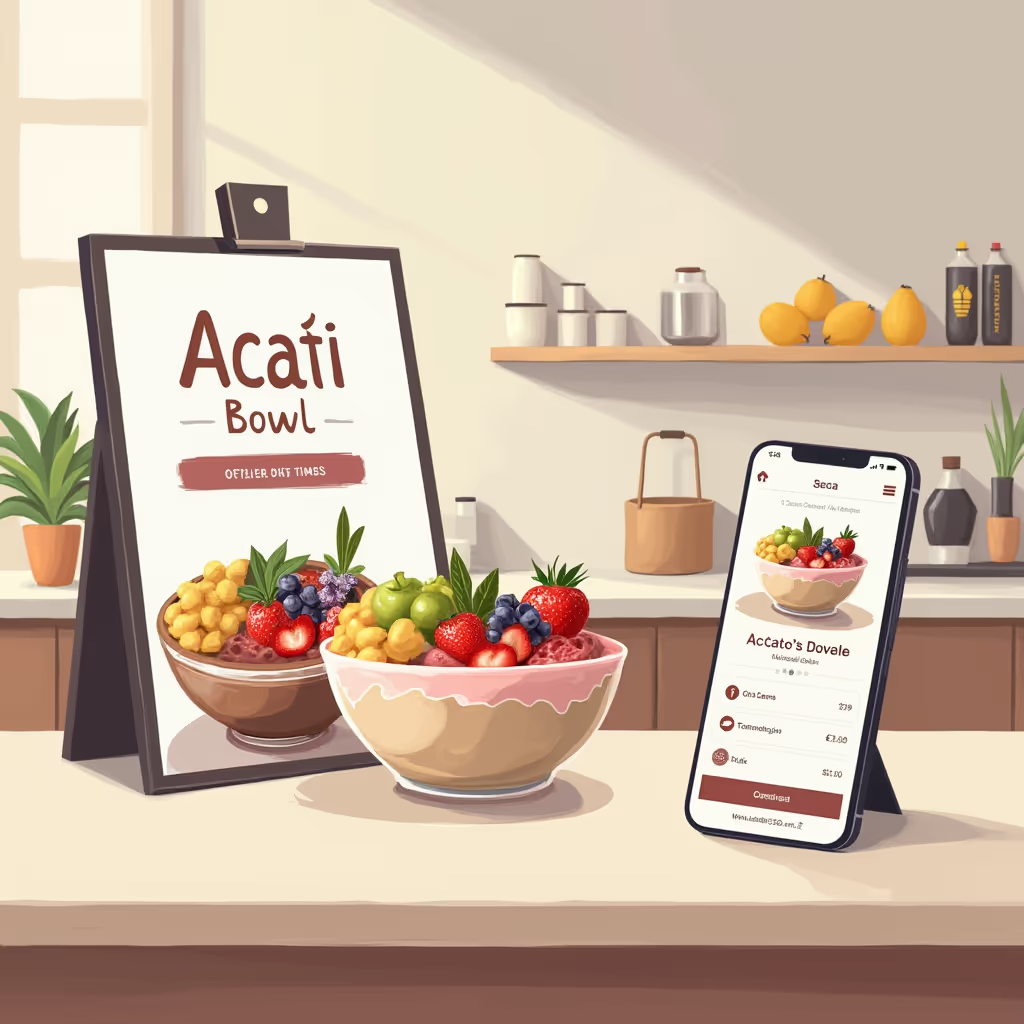

.avif)
.avif)

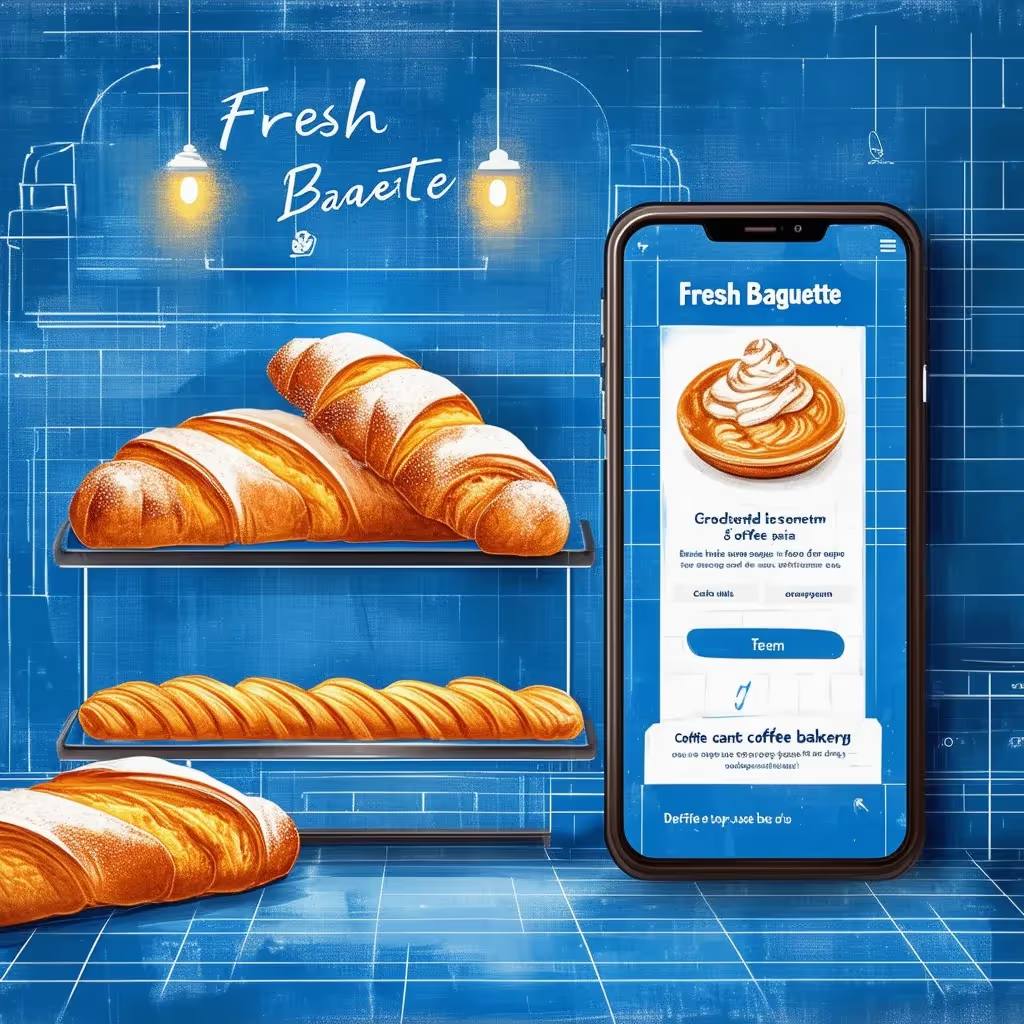
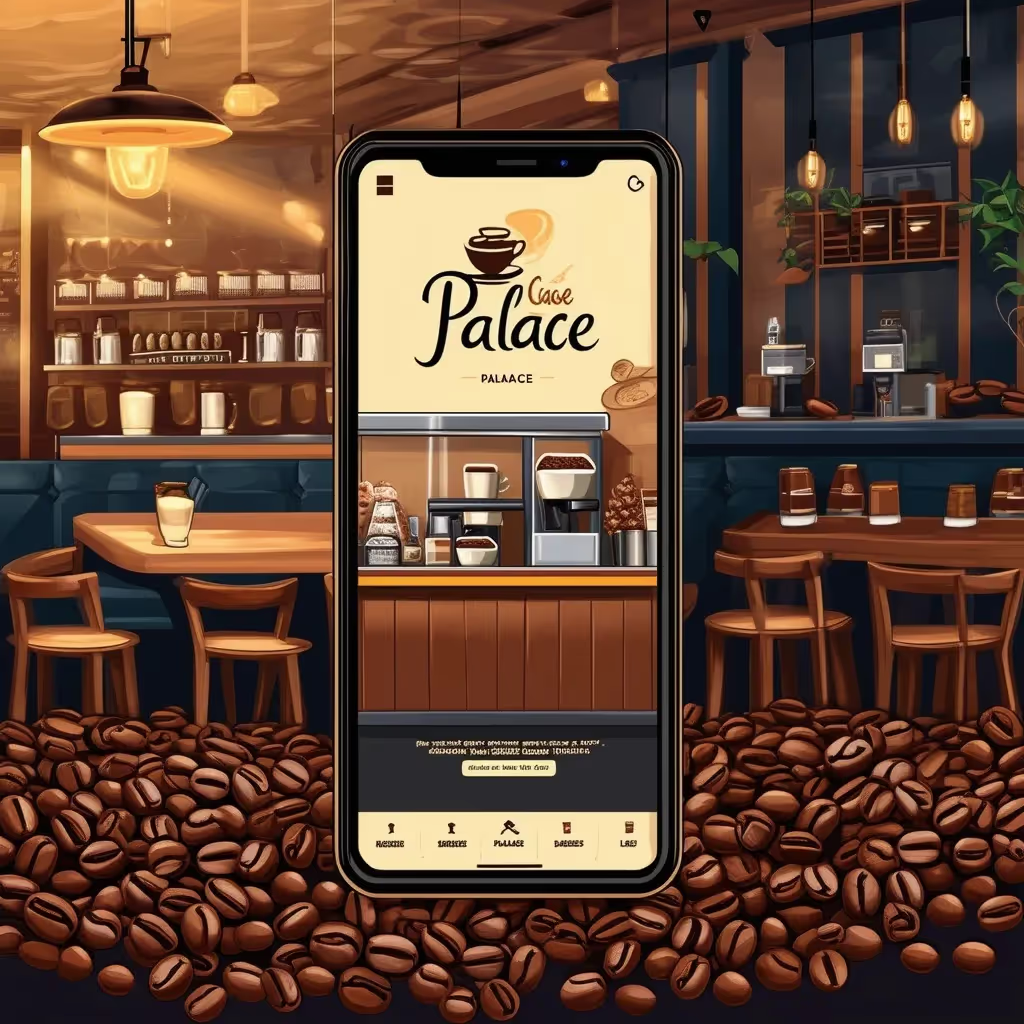
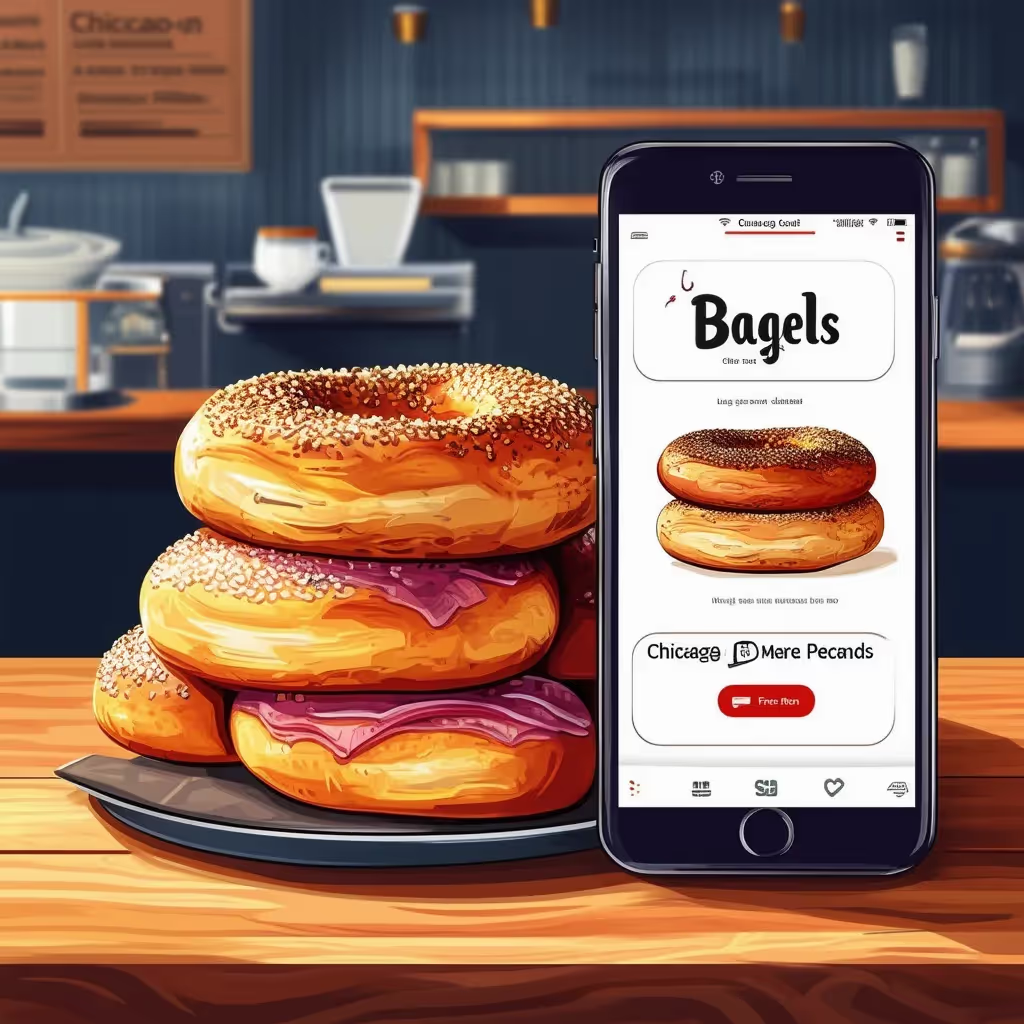
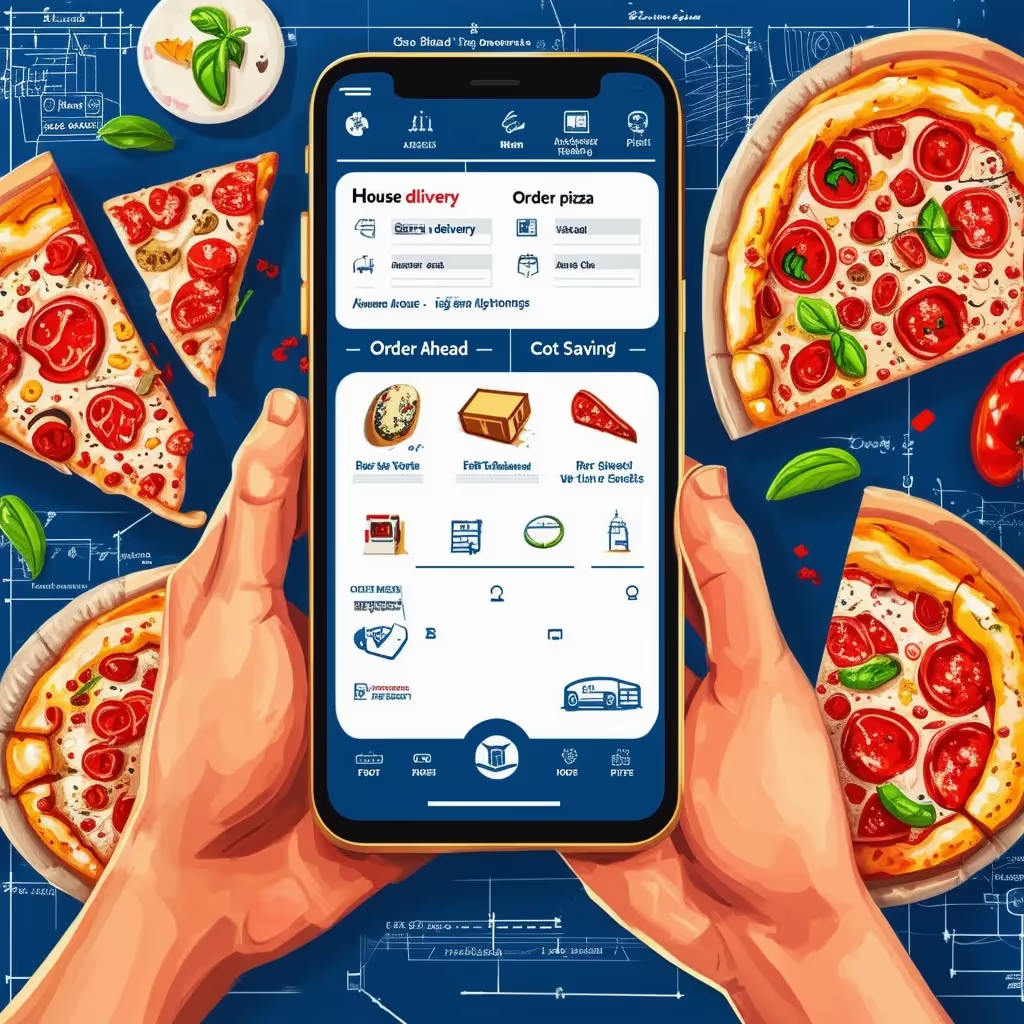




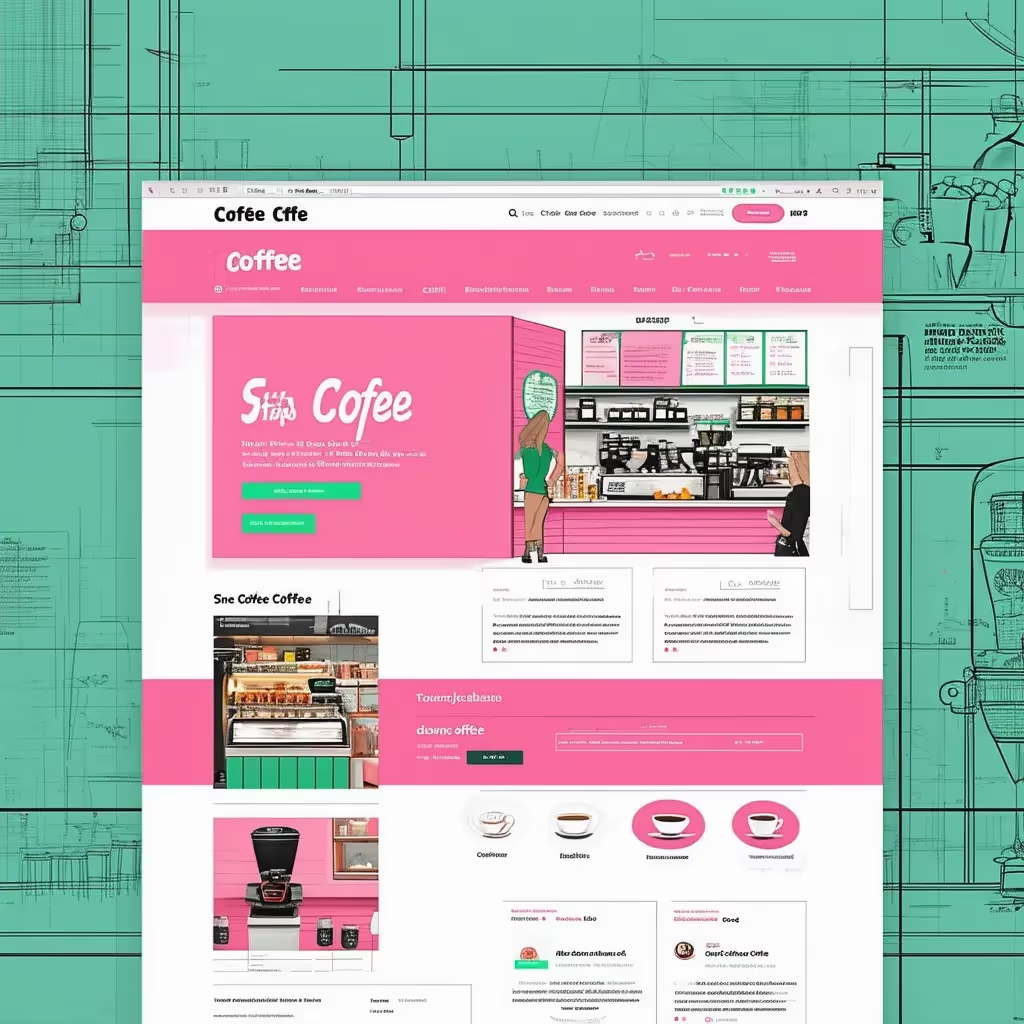





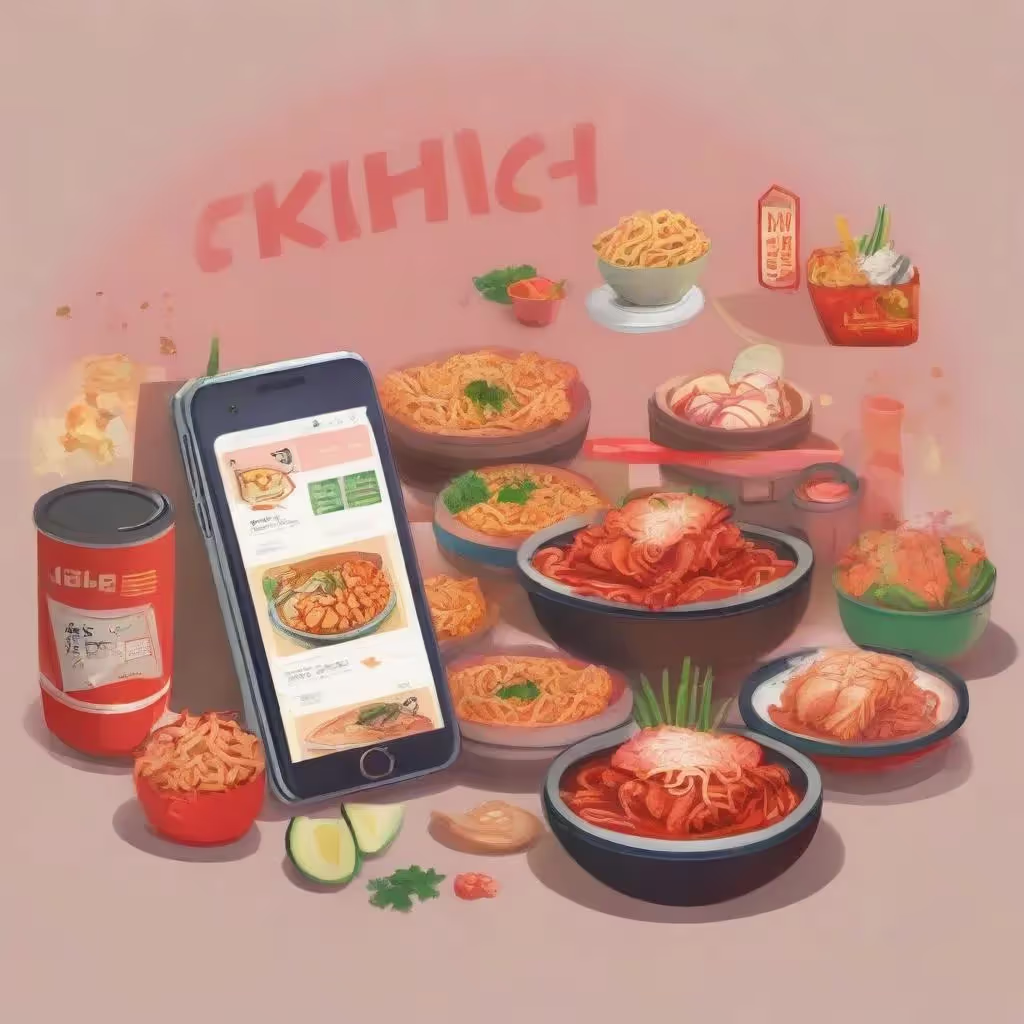
.avif)




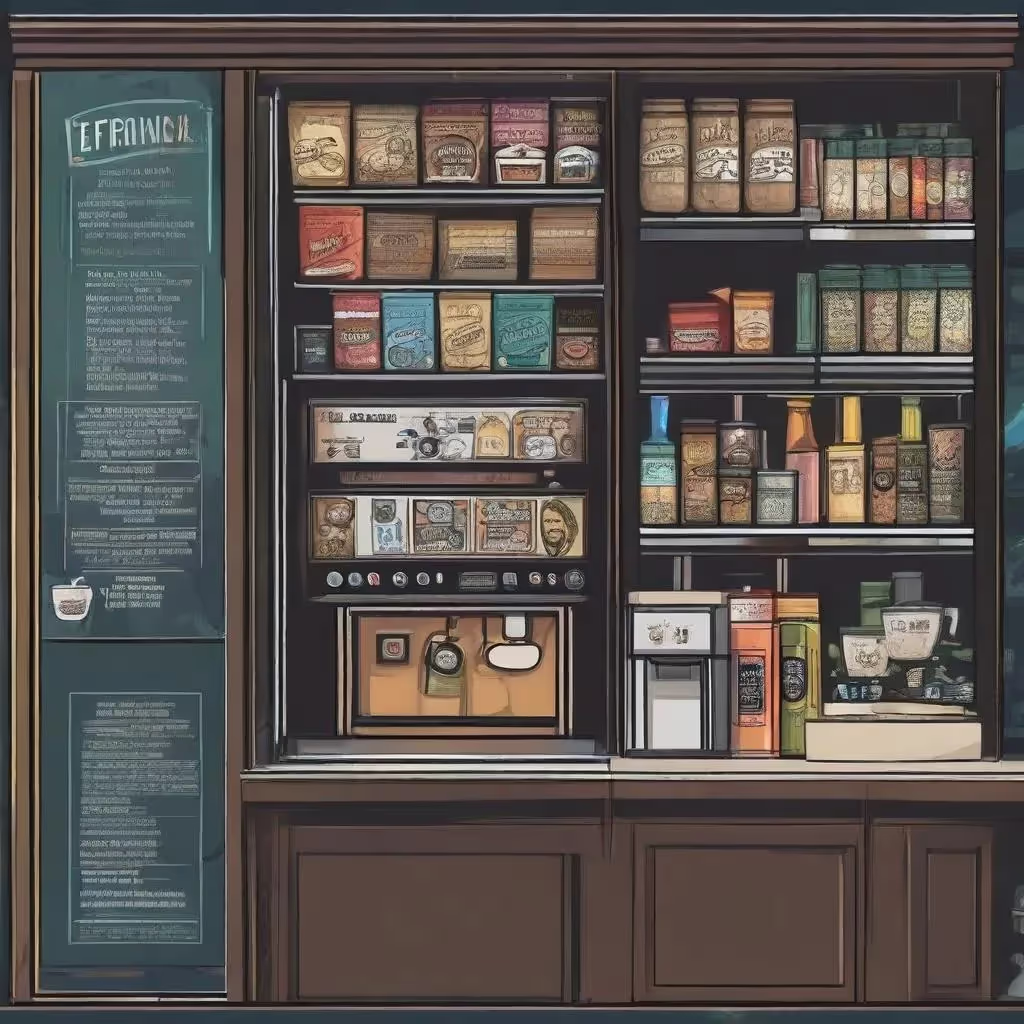
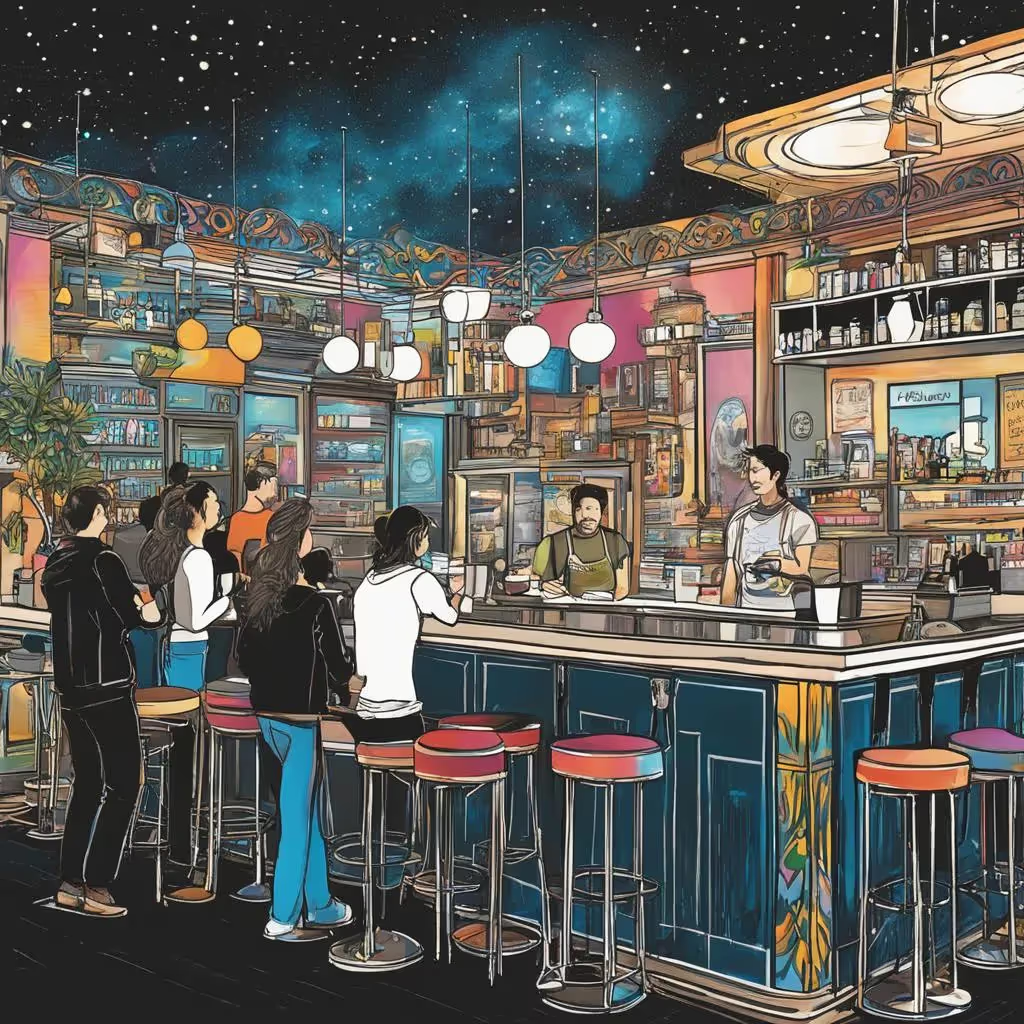


.avif)










